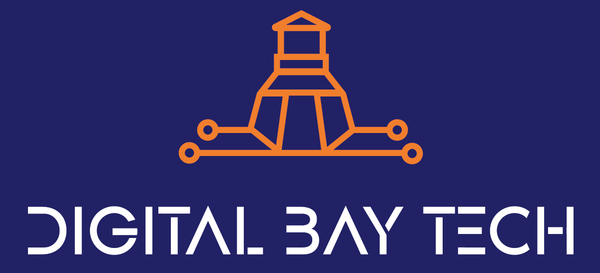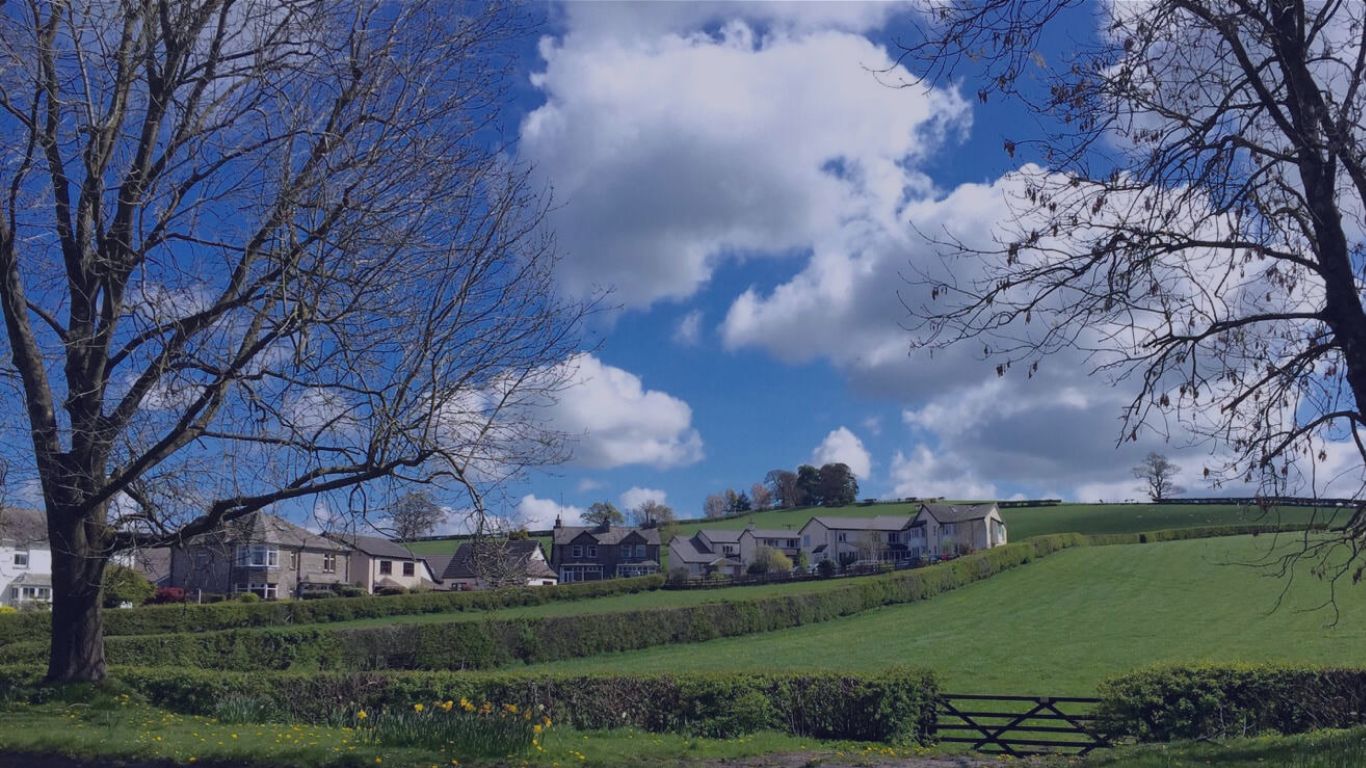
84% decrease in falls in UK care home thanks to Artificial Intelligence
Local authorities equip an additional 500 living units with Nobi-lights
In 2023, the British care home Hartland House in Milnthorpe (Cumbria, UK) fitted 8 Nobi-lights for fall prevention and detection. This was part of a pilot project by the NHS Integrated Care Board (ICB) of Lancashire & South-Cumbria.
Discover in this case study how Nobi was able to support their claims in fall prevention, by effectively avoiding 4 in 5 falls – and how it convinced the ICB to install an additional 500 living units, spread over 50 care homes in the region.
The impact of falls
The impact of falls in care homes in the UK is very profound, both for residents as well as their caregivers.
-
Each resident falls on average 3 times a year.
-
25% of fall incidents lead to a hospitalisation.
-
50% of people lying on the floor for over an hour, die within 6 months after their fall.
Elderly falls also have a huge impact on the UK-care system, increasing the ever-growing pressure on care personnel caused by our ageing society. In care homes, fall incidents are the most prominent cause of hospitalisation in Cumbria (as well as the rest of the UK), which is driven up pressure on care staff and the National Health Service (NHS) even more.
Immediate assistance after a fall is crucial; preventing falls altogether is even more important. That’s why Hartland House and the L&SC ICB started their search for cost-effective fall prevention solutions.
Smart AI-lights as a solution to falls
That fall prevention solution was found in Nobi’s smart lights. These fall detection and prevention lights, driven by advanced AI-technologies, were efficiently implemented and embraced by both residents as well as caregivers at Hartland House.
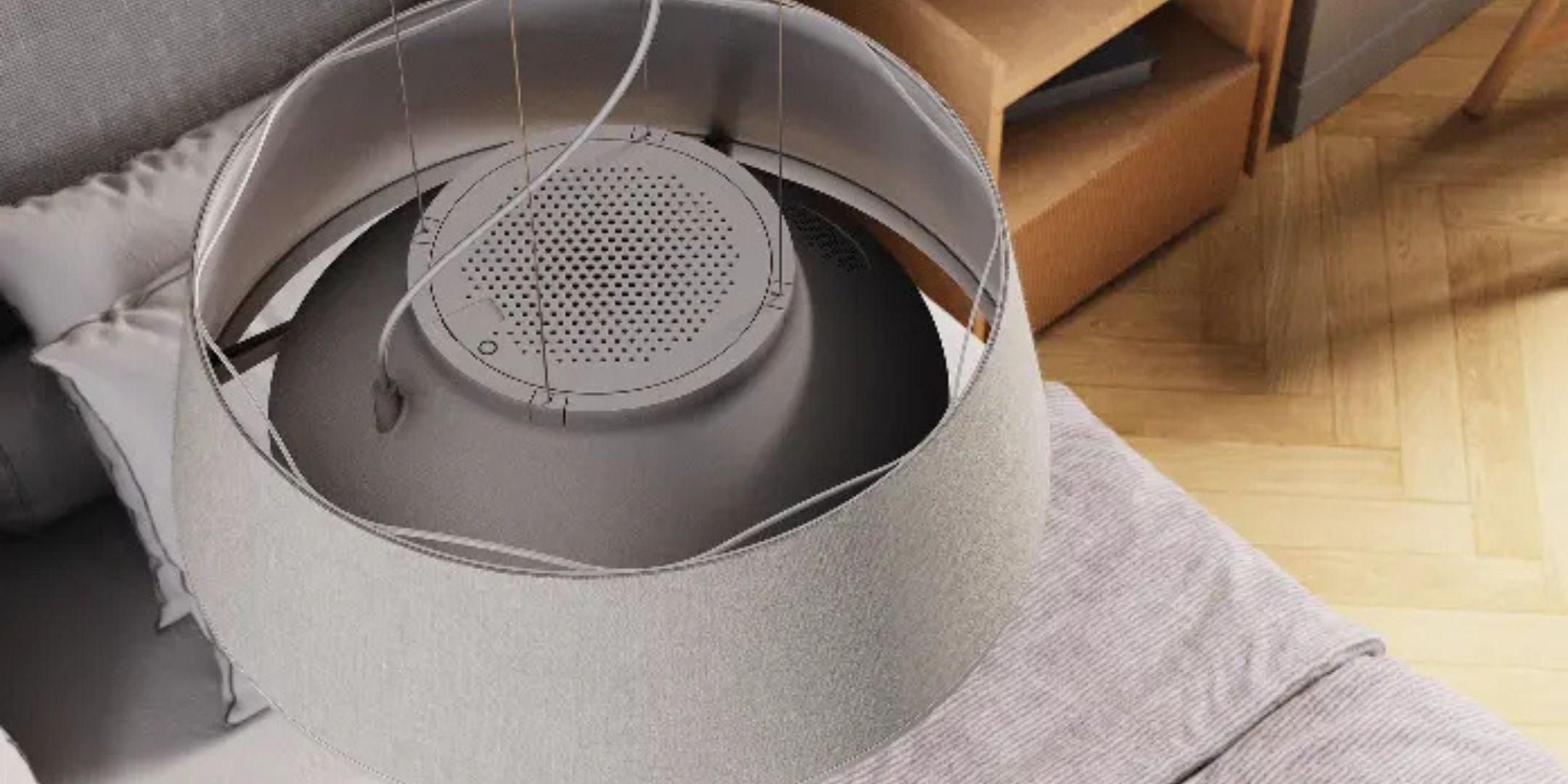
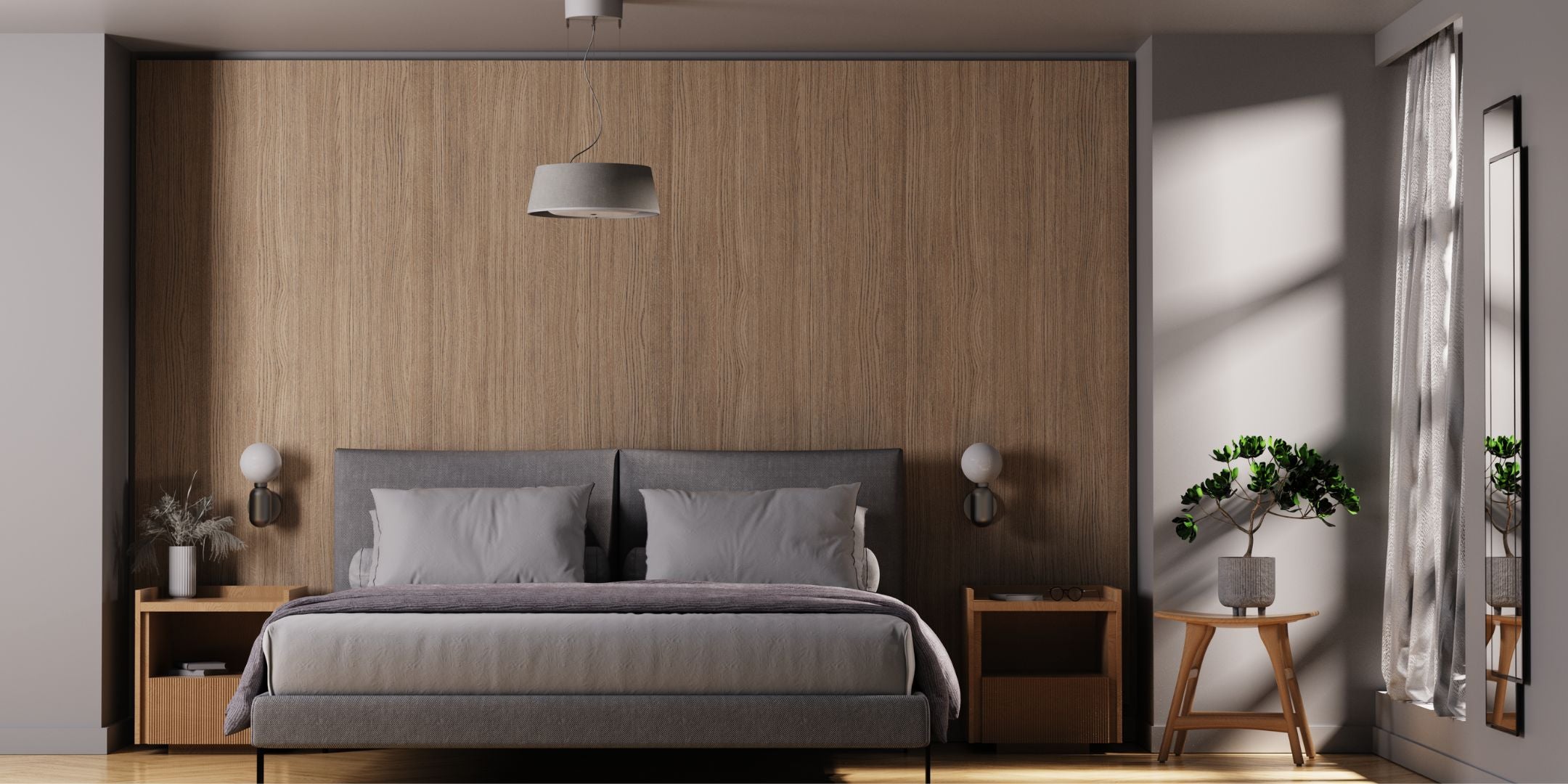
When a fall occurs, Nobi alerts care staff after a mere 30-seconds through an intuitive application on their mobile device. This allows them to offer swift assistance after a fall.
On top of that, the central dashboard offers care personnel an overview of all rooms, helping to keep track of incidents throughout the organisation in just one glance.
The results
First results of the pilot project show that caretakers are able to provide help after a fall 28 times faster than before Nobi was fitted. They were also able to prevent 4 in 5 falls thanks to Nobi’s support.
As the impact on residents and care personnel was undeniable, Hartland House decided after just 4 months to fully equip their 31-bedroom care home with Nobi lights.
-

No more missed falls
During the pilot project,the Nobi lights detected each and every fall.
This is an important shift, as numbers show that 64% of falls previously remained hidden. -

Automated detection
In the period before Nobi was installed, 82% of residentswere unable to call for helpusing traditional nurse call systems. With Nobi,no human action is required; care staff is alerted automatically. The result: Nobi alerts care staff 100% of the time.
-

Assistance after a fall in less than 2’
Thanks to Nobi, care personnel is able to assist within just 2 minutes. That is 28 times faster than before having Nobi installed, as intervention times used to reach almost one hour.
-

4 in 5 falls prevented
Thanks to Nobi’s 3-step prevention program, Nobi was able to avoid 84% of all falls.
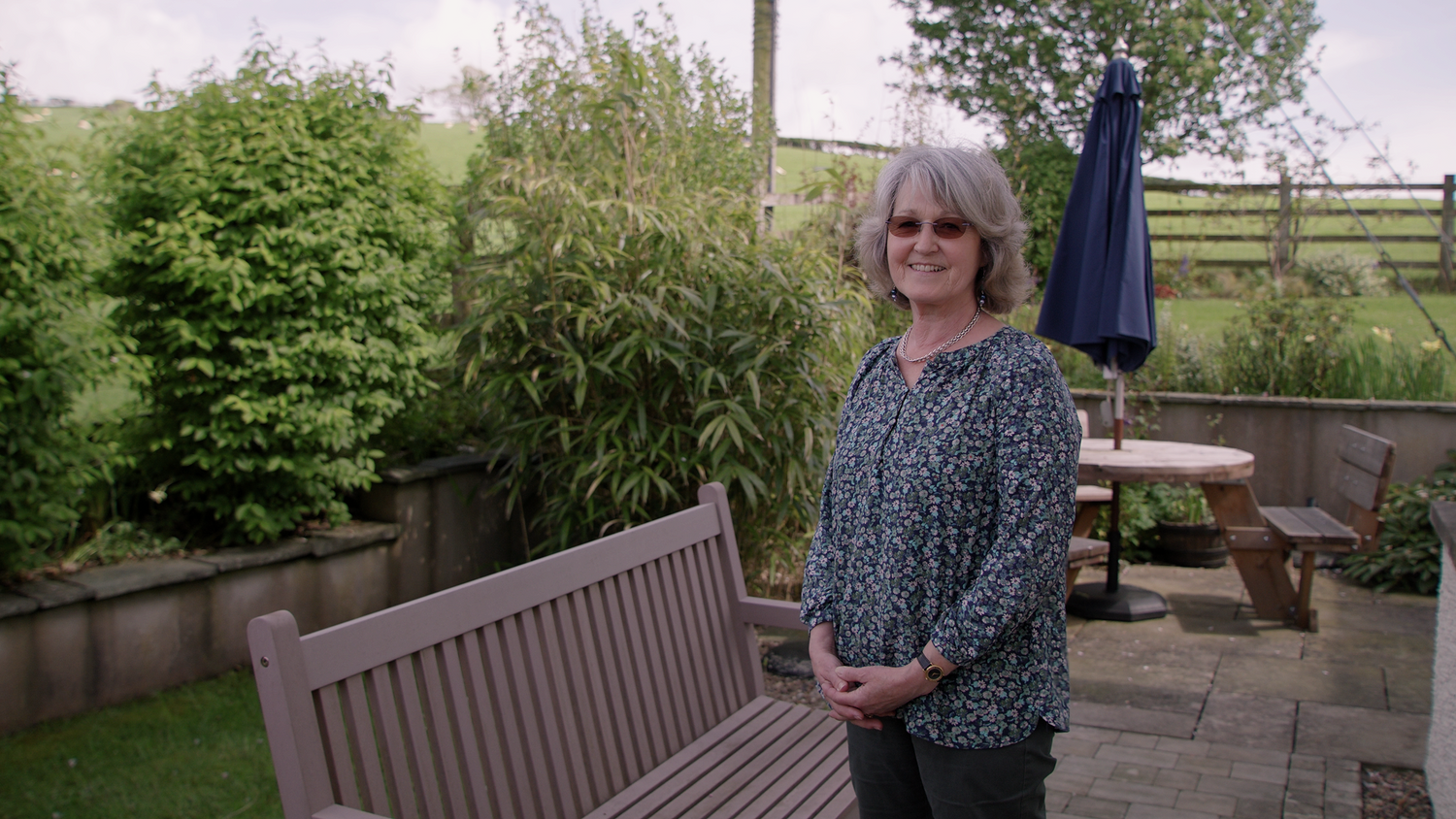
"In the last two years, my mother has started falling more and more often, which worried me a lot. But since Nobi was installed in her room, she did not fall once!"
Helen Whiteley, daughter of resident Sylvia
Nobi’s fall prevention in 3 steps
- Light for Life
Statistics show that 62% of falls happen at night. To respond to this, when a resident sits upright in bed at night, Nobi shines a soft light upwards to illuminate the room gently. Then, if the person stands to go to the bathroom, for example, the smart light will illuminate the entire room. This feature prevents many fall incidents. - Alerting potentially dangerous situations
Nobi’s ‘monitoring alerts’ help care personnel to prevent falls, by sending timely notifications when residents find themselves in potentially dangerous situations. This allows care staff to go and assist residents proactively, effectively avoiding falls. Nobi can send alerts when:
- The resident is sitting on the edge of the bed, ready to get up.
- The resident leaves the room.
- The resident spends an unusual amount of time in the bathroom. - Understanding a fall is preventing a fall
With abstract, anonymized images of 15 seconds before and after a fall, Nobi helps offer insights into why a fall occurred. This allows for similar situations to be avoided in the future.
Nobi as partner of care staff
The difference Nobi makes for residents and their families is clear, but it also significantly impacts caregivers:
Collapsible content
Time - saving for staff
By integrating your smart devices and digital patient records, Nobi can automate administrative tasks and processes, saving care staff a lot of precious time. Nobi also eliminates the need for nightly surveillance rounds, again freeing time for warm and personalized care. An additional benefit is that residents' sleep is less disturbed.
The Hartland House care home indicated that an average of six hours is lost in administration and reporting when a resident falls. By reducing the number of falls, you can save a lot of time each month.
Higher job satisfaction and reduced staff turnover
By preventing falls and easing care workers' workload, Nobi gives back a lot of valuable time. This allows care personnel to focus on what they do best and what can truly make a difference.
Peace of mind
Nobi’s reliable fall detection also provides peace of mind for care staff, eliminating the stress of not noticing a fall incident.
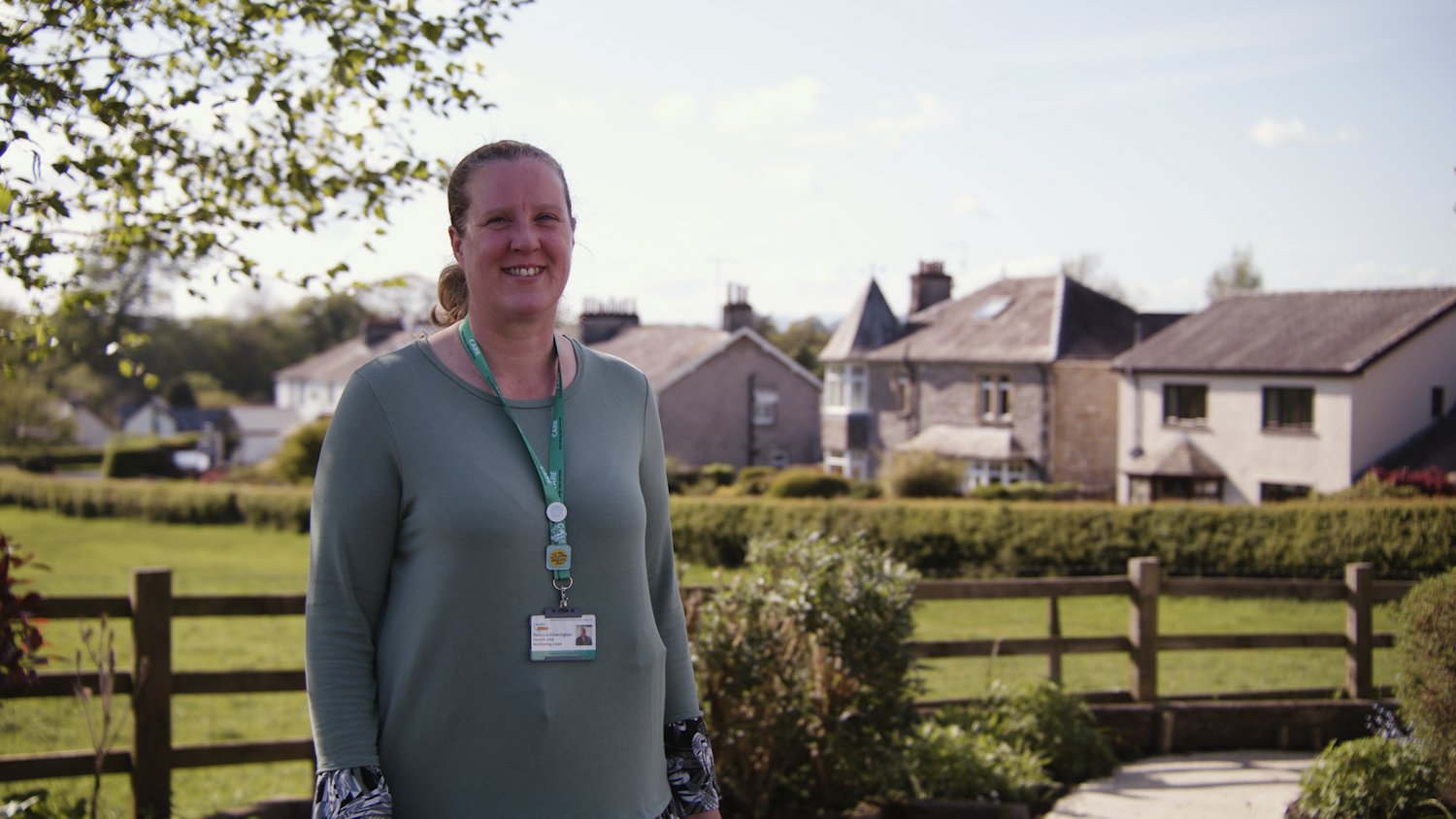
"As care givers, it is truly reassuring that thanks to Nobi, we no longer miss any falls and can also provide lightning-fast assistance after a fall. By avoiding falls, Nobi also gives us a lot of valuable time back which we can then spend on what really counts: the happiness of our residents. As far as I'm concerned, Nobi lamps belong in every residential care home! "
Rebecca Etherington, Health and Wellbeing Lead at Hartland House
With her 100% fall detection, rapid response time, and fall prevention measures, Nobi made significant changes at Hartland House.
What if there were 84% fewer falls nationwide in the UK?
Imagine if Hartland House's results were applied nationally. The extrapolation below shows how Nobi's smart AI lights can make a significant contribution to alleviating the heavy pressure on the UK healthcare system.
-

1.381
Falls prevented
EVERY DAY -

+8.286 h
liberated time
EVERY DAY -

- 621
Ambulance callouts
EVERY DAY
This results in
-
£156.585
Reduced ambulance callout costs
EVERY DAY -
£410.484.800
reduced total care costs
EVERY YEAR -
£1 > £1,70
Return on
investment
ELK YEAR
What’s next? L&SC ICB gives the green light for roll out of an additional 500 senior living units
The positive results at Hartland House made the NHS Lancashire and South-Cumbria Integrated Care Board (ICB) decide to roll out Nobi further in the region. In the coming months, Nobi will be installedin 500 additional residential units, spread over 50 residential care homes in the region. This is made possible thanks to funding from the Digitising Social Care's Digital Transformation Fund.
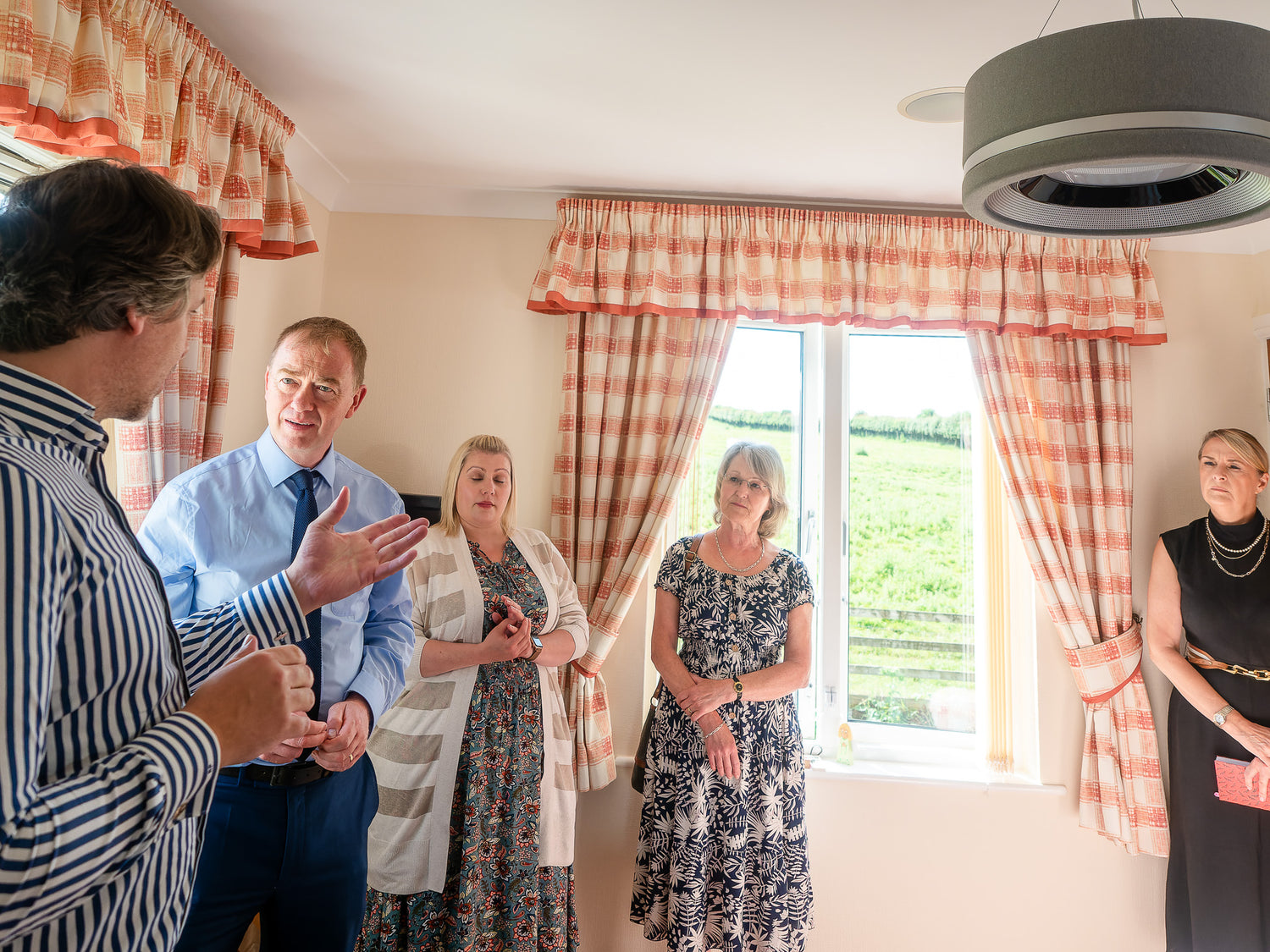
“At L&SC ICB, we are fully committed to embracing cutting-edge technologies that aid us in preventing fall incidents. By preventing falls, we also alleviate the strain on our healthcare system by reducing the number of ambulance callouts and hospital admissions. Nobi exemplifies how technology can facilitate a holistic collaboration between social care and healthcare.”
Sue Capstick, program lead of Digitisation and Transformation in the Digital Social Care Team in Lancashire and South Cumbria
This is only the beginning of Nobi’s expansion plans in the UK. Nobi, committed to making the lights available to more care homes nationwide in the coming years.
Want to know more?
Do you have any questions or would you like a live demo?
